1. All in the Family and the Fight for Equal Rights
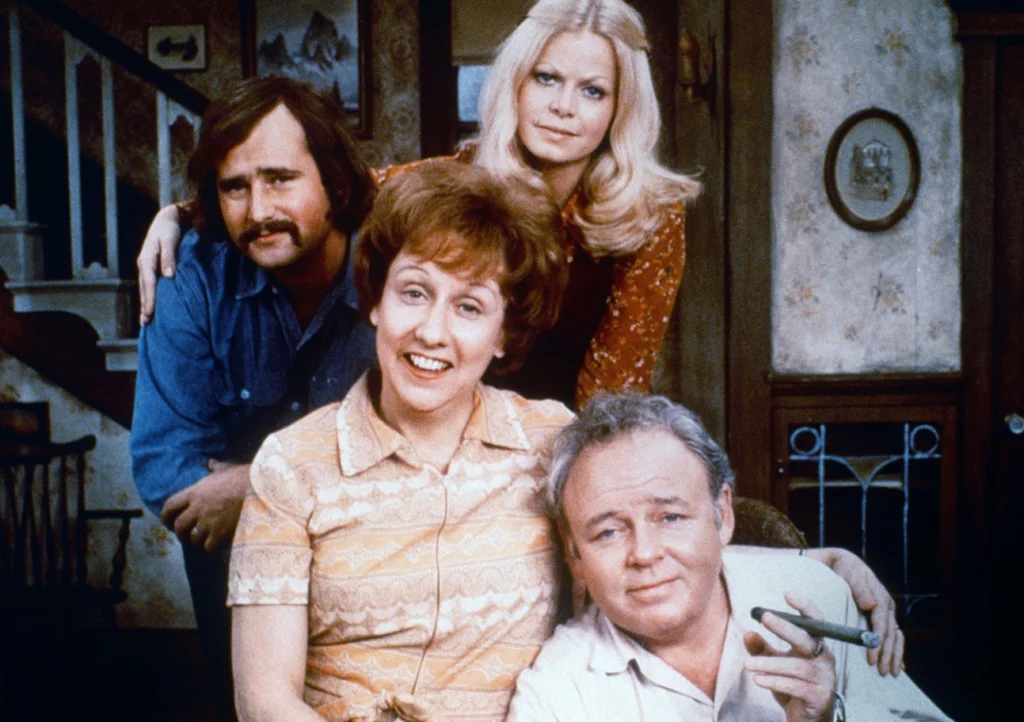
All in the Family wasn’t just groundbreaking for its sharp humor, it was also a trailblazer in addressing social issues like racism, sexism, and homophobia. The show’s protagonist, Archie Bunker, embodied outdated, prejudiced views, but the writers used his character to shine a light on the changing dynamics in American society. In one unforgettable episode, Archie’s daughter Gloria and her husband Mike confront his racist and sexist beliefs, sparking discussions on race, gender roles, and civil rights. The show’s willingness to air these conversations made it a critical platform for addressing issues that were often pushed to the sidelines in mainstream media.
The show’s fearless approach to social commentary made it a cultural milestone. At a time when the country was grappling with issues like women’s liberation, the civil rights movement, and LGBTQ+ rights, All in the Family made it clear that television had a role in both reflecting and shaping societal change. Although some of its humor may feel outdated today, the series’ impact in breaking down barriers for honest conversations about these issues remains invaluable.
2. Maude and Women’s Rights
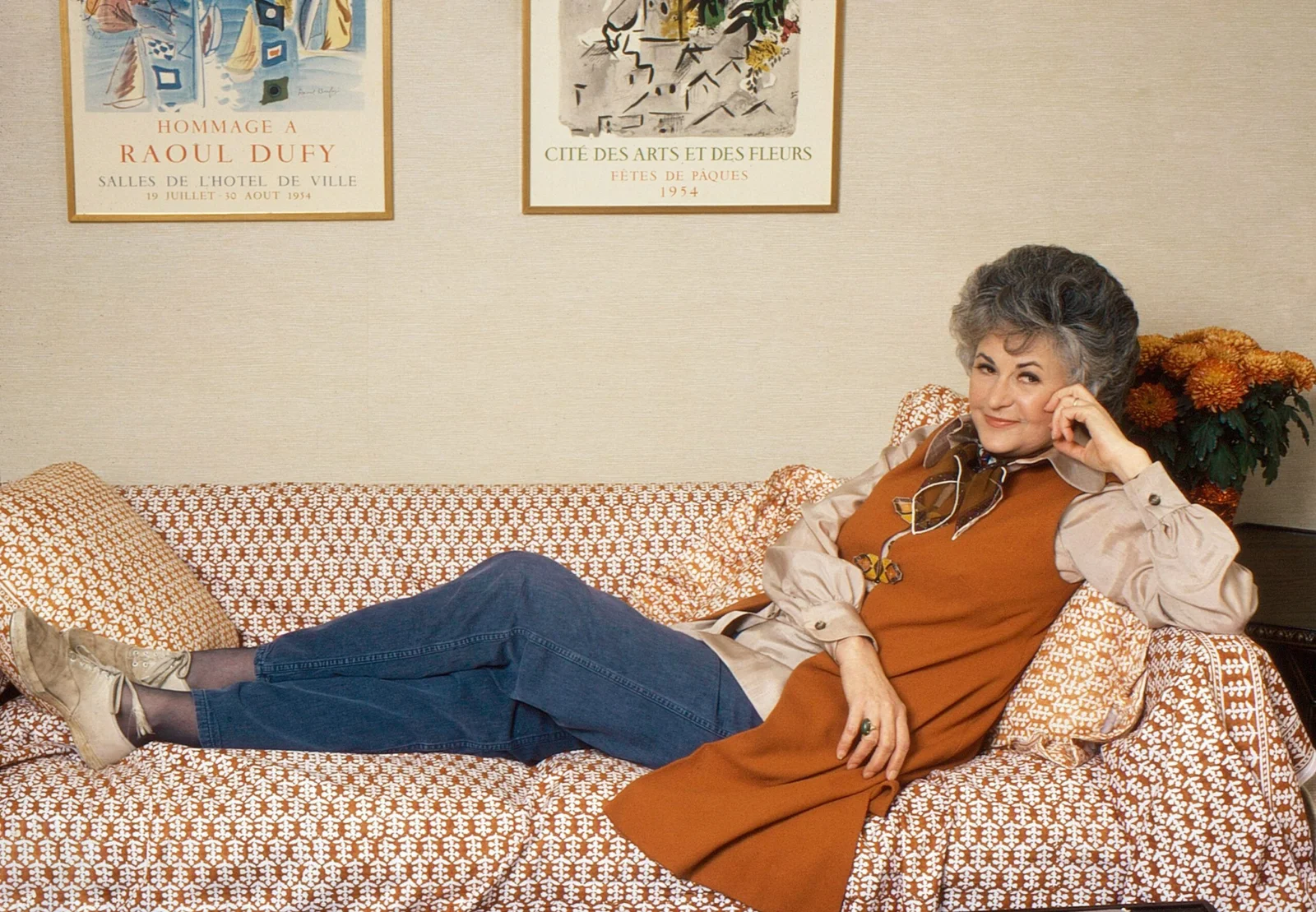
Maude, the spinoff of All in the Family, took a huge step forward by making its lead character, Maude Findlay, a feminist icon in her own right. The show boldly tackled issues like abortion, divorce, and women’s independence at a time when these topics were seen as taboo. One of the most iconic episodes, “Maude’s Dilemma,” revolved around Maude deciding whether to have an abortion after an unexpected pregnancy. The episode aired in 1972 and was one of the first to address the issue of abortion in such an open and empathetic manner.
The show’s progressive handling of women’s rights resonated deeply with viewers, offering a much-needed platform for discussing women’s autonomy over their bodies and lives. Maude’s character was strong, outspoken, and unapologetically independent, and her journey helped push the boundaries of what television could explore regarding women’s struggles and triumphs in the ’70s. The episode’s legacy is still discussed today as one of the most important in television history.
3. The Mary Tyler Moore Show and the Struggles of Working Women
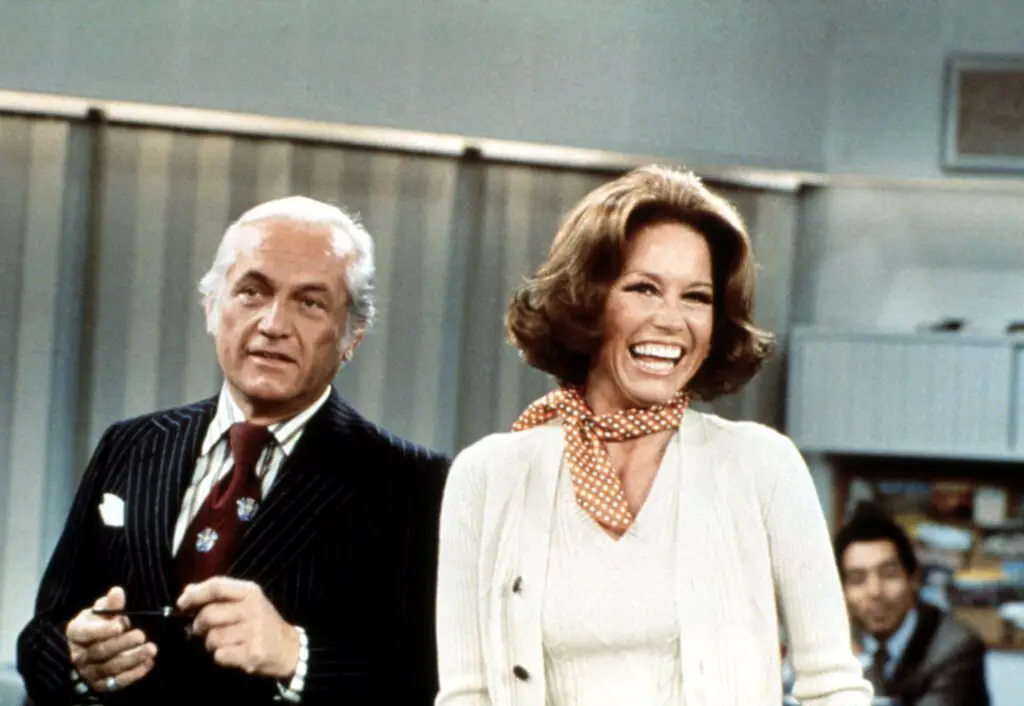
The Mary Tyler Moore Show wasn’t just about a woman finding herself in the workforce; it was about depicting the everyday struggles that women face in a male-dominated world. Mary Richards, the show’s lead character, was a single woman in her 30s, navigating her career as a TV news producer. At the time, it was rare to see women on TV portrayed as ambitious professionals, let alone ones juggling the challenges of workplace sexism and gender expectations.
The show tackled issues like workplace discrimination, sexism, and the difficulty of maintaining a work-life balance in a way that felt incredibly relevant to its audience. By focusing on Mary’s ability to maintain her career aspirations while still managing her personal life, The Mary Tyler Moore Show gave women the representation they desperately needed. Mary’s motto, “You’ve got spunk. I hate spunk,” became iconic, symbolizing the growing confidence of women in the workforce.
4. Good Times and the Realities of Poverty
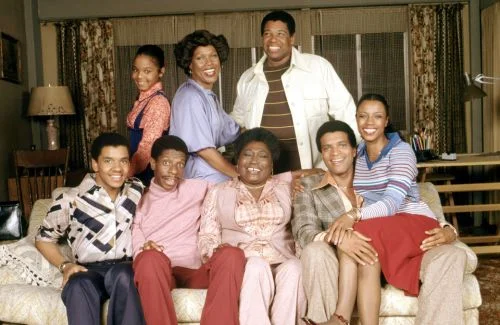
Good Times was one of the first sitcoms to depict the life of an African American family struggling with poverty. Set in Chicago’s housing projects, the show highlighted the challenges of living in an economically disadvantaged neighborhood while also showing the resilience of the Evans family. It tackled topics like job discrimination, systemic racism, and the lack of opportunities for people of color in the ’70s.
The show brought to light the difficult choices many families face while dealing with limited resources. While it certainly featured lighthearted moments, Good Times never shied away from addressing serious issues. In particular, the portrayal of James Evans Sr., the patriarch, struggling to find steady work, resonated deeply with viewers facing similar hardships. The series laid the groundwork for later shows that would continue to push the envelope in terms of representing life in underprivileged communities.
5. All in the Family and LGBTQ+ Issues
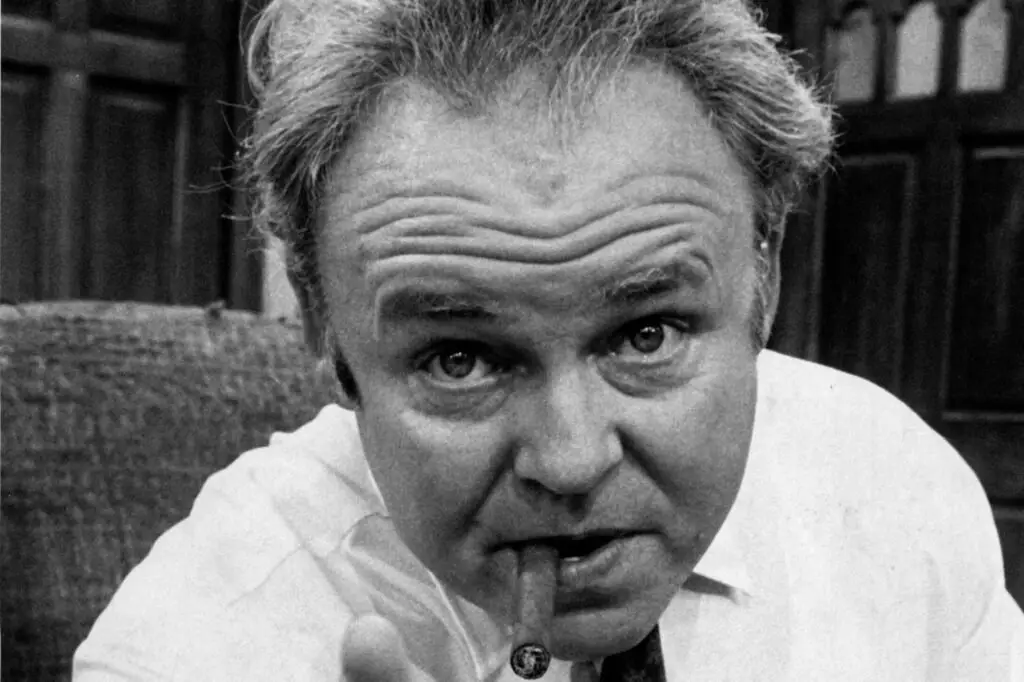
In an episode of All in the Family, the show explored LGBTQ+ issues far before it was widely accepted to do so on mainstream television. The episode titled “Archie’s Operation” aired in 1974 and featured a subplot where Archie’s friend, Steve, comes out to him as gay. While Archie reacts with his usual ignorance and homophobia, the storyline presented a rare opportunity for TV audiences to see a character openly discuss their sexuality.
Even though the treatment of the subject matter by Archie was far from progressive, the mere inclusion of a gay character on a major network sitcom was a groundbreaking moment. It was a moment that showed how TV could be used as a vehicle for discussions that were long considered taboo. In a time when LGBTQ+ individuals were marginalized, this episode gave viewers a glimpse into the struggles of the gay community, and it set the stage for future representations of LGBTQ+ characters on television.
6. The Waltons and the Vietnam War
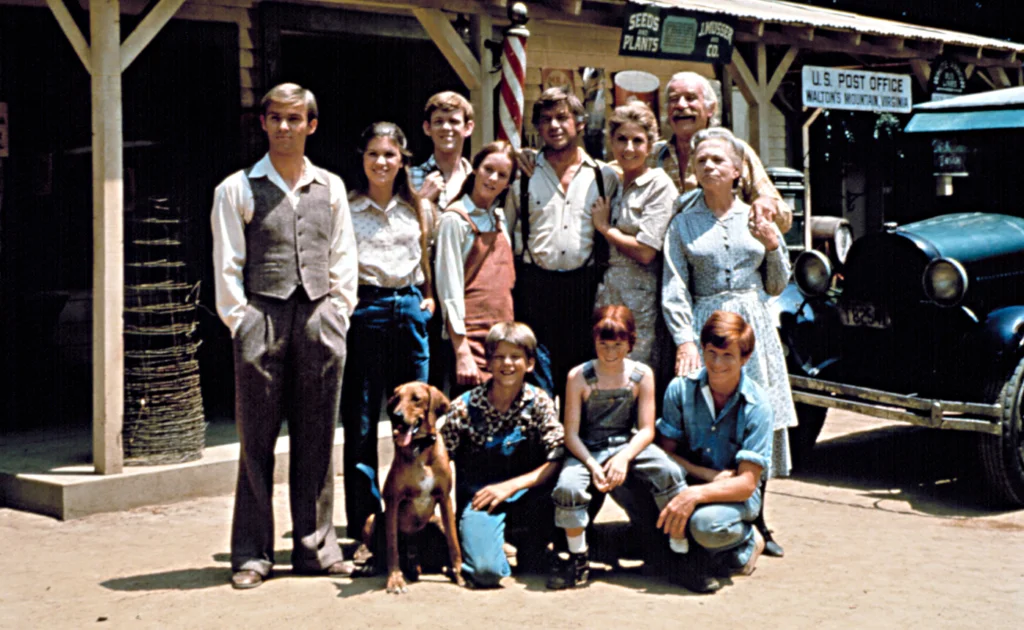
The Waltons, a family drama set in rural Virginia during the Great Depression and World War II, took a surprising turn when it addressed the Vietnam War. The show’s episode “The Best Christmas” centers around John-Boy, who returns from college to find his brother, Ben, has been drafted. The episode takes on the harsh realities of the war, questioning its morality and reflecting the growing dissent in the United States about the conflict.
Although the show was traditionally focused on family values and life during the Great Depression, it was brave enough to address the turbulent times of the ’70s. The depiction of a family grappling with the impact of the Vietnam War humanized the struggles many American families faced during this era. The Waltons showed how the war affected individuals on a personal level, encouraging empathy and understanding at a time when the nation was deeply divided over the conflict.


